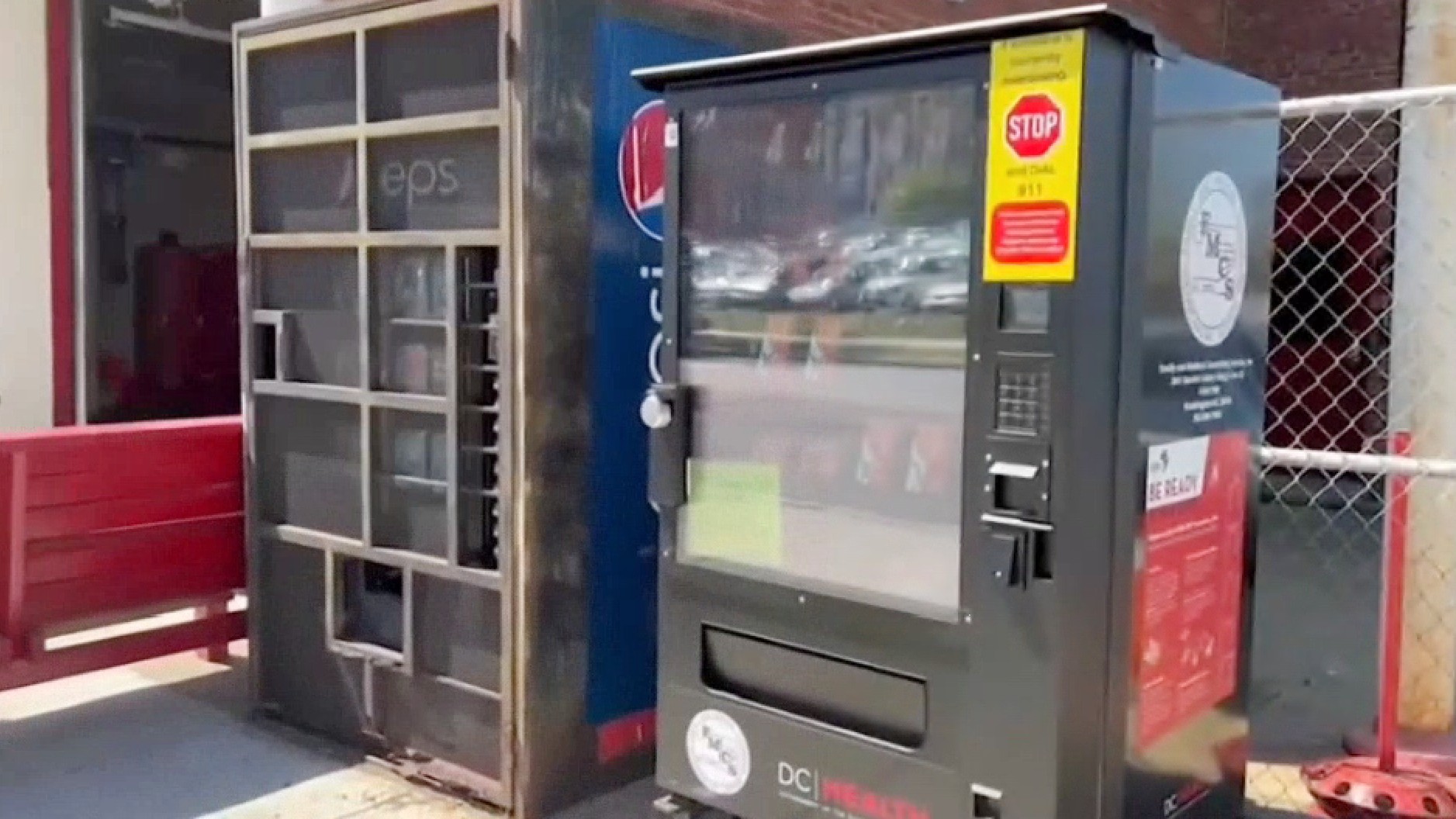Alexandria City Public Schools, along with the Drug Enforcement Administration (DEA), issued a warning to parents Wednesday night at the city's high school about the deadly consequences of drug use and overdoses.
The message was simple: Drugs are different today. The opioid crisis doesn’t look like it did in the '90s, with crushed-up pills and needles. More often today, what causes a deadly overdose are pills that look like everyday medications from the pharmacy.
The difference is, the pills in question are laced with the highly potent opioid fentanyl.
We've got the news you need to know to start your day. Sign up for the First & 4Most morning newsletter — delivered to your inbox daily. Sign up here.
Just two milligrams of fentanyl — an amount small enough to fit on the tip of a pencil — is enough to kill.
“In my 20 years with the DEA, this is the deadliest drug that I have ever seen,” DEA Special Agent Jarod Forget said.
At the workshop Wednesday, he and his colleagues joined forces with the school district to educate parents and students about the dangers of fentanyl, opioids and counterfeit pills that are finding their way into schools.
Fredy Martinez, the substance abuse coordinator for Alexandria City Public Schools, said it's critical for parents to know just how dangerous these counterfeit drugs are. They need to be able to spot the signs of drug use so they can intervene, he said.
"If you see something, then you can do something about it," he said. “But if you cannot see it, then you’ll be oblivious to what’s going on. So the parent needs to understand behaviorally what to look for."
Tiffany Fireison was among the parents who attended the meeting at Alexandria City High School.
She said fentanyl wasn’t on the radar when she was growing up, and now she wants to know more about what to look for and how to discuss the problem with her own teenagers.
“I have two teenage daughters and I think it’s important to know what’s out there and what to look for, not that we have a problem, but... just to kind of educate yourself,” she said.
Robin Moody has a son in sixth grade. She thought it might be too early to talk to him about fentanyl and other drugs, but not anymore.
“Just from the conversations that I’ve had being here in the past 10 minutes or so, I realize now that it’s something really that I need to start talking to him about now,” she said.
It's a problem parents and school districts are facing nationwide, and in the DMV.
On Wednesday, Montgomery County, Maryland, reported opioid-related emergencies among young people are up nearly 90% over last year. In 2022, the county reported 36 cases. So far this year the county has already reported 69 opioid-related emergencies.




